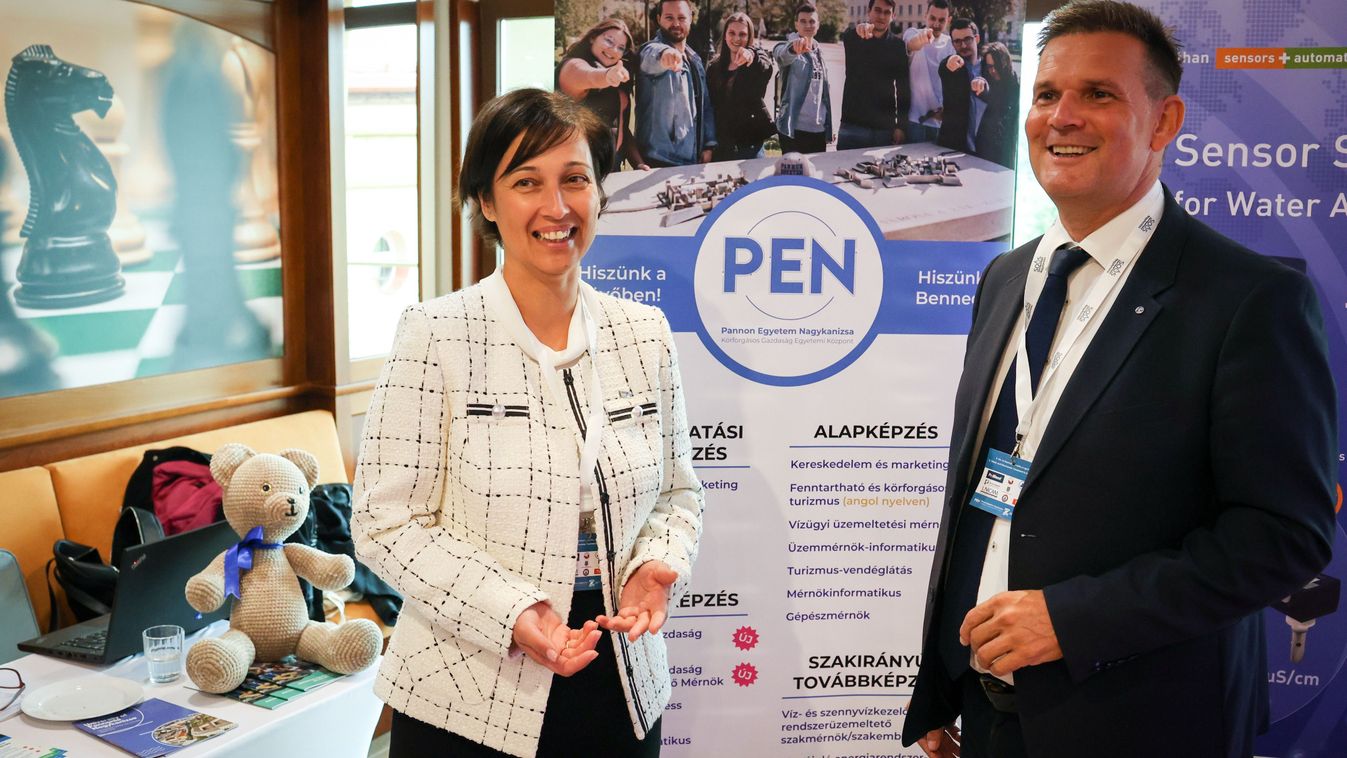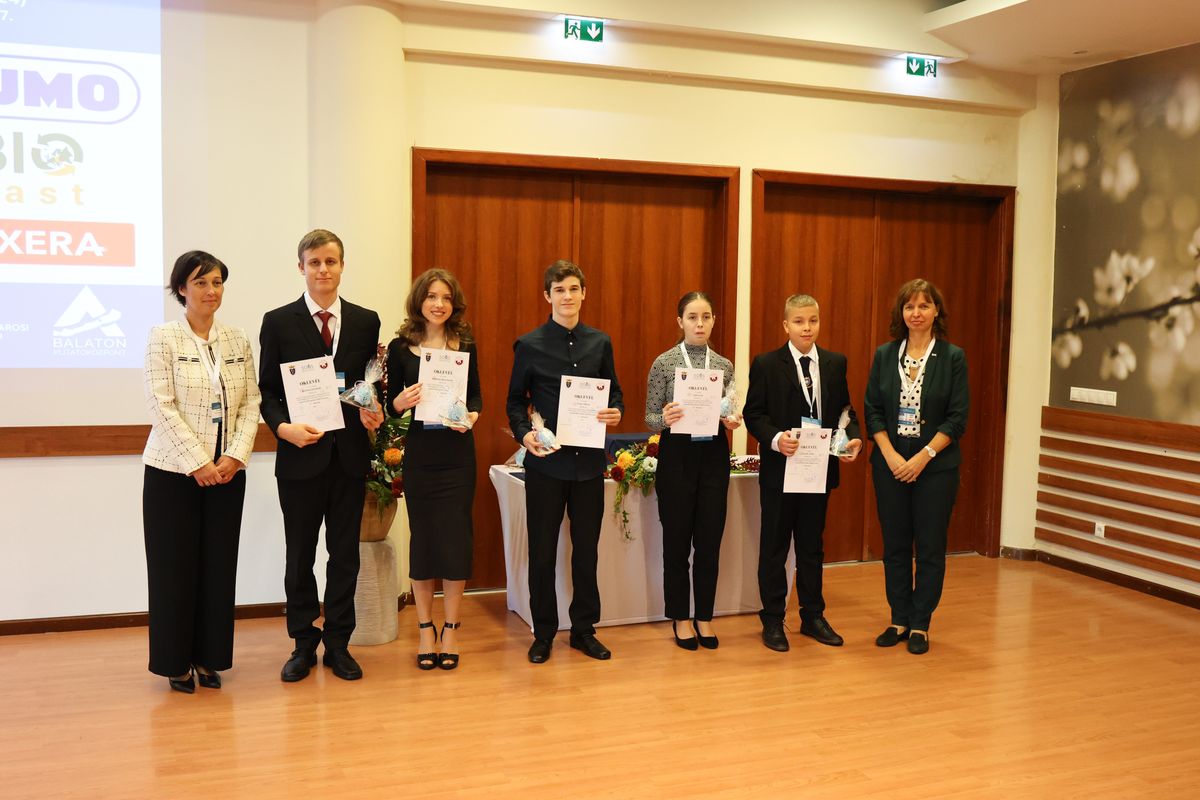Hallgatói portál
- fas fa-search
- Accessibility
Hallgatói portál
Producing clean drinking water has become a priority, even in countries with abundant water resources. Water treatment and purification are increasingly important tasks worldwide, as they are integral to the circular economy, which aims for the efficient use of Earth's resources. This principle was emphasized at the "Water and Wastewater Treatment in Industry" conference organized by the Soós Ernő Research and Development Center and the University of Pannonia in Zalakaros. (Source: zaol.hu)
The Soós Research Center, founded in 2014, has been organizing an annual professional meeting for researchers and industry participants in this field, where they present the latest research findings and practical methods. On Thursday and Friday, attendees could hear numerous interesting and forward-looking presentations, such as the agricultural use of treated wastewater or the removal of microplastics from surface waters.
Water Treatment - Knowledge and Practice
The professional conference was opened by Prof. Dr. Zoltán Birkner, Chairman of the Board of Trustees of the University of Pannonia Foundation, who emphasized the importance of evaluating all research and scientific work from the perspective of societal usefulness, as the ultimate goal is to make the world a better place.
Dr. Renáta Berta Gerencsérné, General Director of the University of Pannonia Nagykanizsa - Circular Economy University Center, who is also the professional leader of the National Laboratory for Water Science and Water Safety, being built with nearly HUF 8 billion in funding, stressed the importance of gathering and organizing all the knowledge related to water treatment. This brings significant benefits to both industry and society, not to mention that today wastewater can be purified to drinking water quality.

Gerencsérné Dr. Renáta Berta, General Director, and Prof. Dr. Zoltán Birkner, Chairman of the Board of Trustees of the University of Pannonia Foundation

Circular Economy
The conference also highlighted that much work remains to promote the circular economy, but it is almost certain that industrial players will have to abandon the linear economic model. The university and the research center aim to provide companies with the knowledge needed for this transition.
During the conference, the Szebenyi Mária Chemistry Memorial Competition and the Young Researcher Awards were also presented. This year's winners were Szemere Kozma, Rebeka Simon Betlehem, Mátyás Perger, Gréta Szabó, and András Horváth.
Photo: Attila Szakony